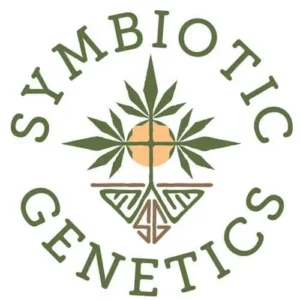Symbiotic Genetic Seeds
Symbiotic Genetic Seeds
Symbiotic Genetics is the study of the close and long-term biological interactions between different species, known as symbiosis.
There are several types of symbiotic relationships, including mutualism where both species benefit, commensalism where one species benefits while the other is unaffected, and parasitism where one species benefits at the expense of the other.
Symbiotic relationships can be obligate, meaning the species depend on each other for survival, or facultative where they can generally live independently.
Symbiosis can also be classified by physical attachment, with ectosymbiosis occurring on the surface of the host and endosymbiosis occurring within the tissues of the host.
These delicate symbiotic relationships are the product of long-term co-evolution, with microbes being essential for many organisms’ basic functions like nourishment, reproduction, and protection.
Studying symbiosis can provide insights into the health of an ecosystem, as disruptions to these relationships can be an early sign of environmental decline.
Showing 1–9 of 13 results


